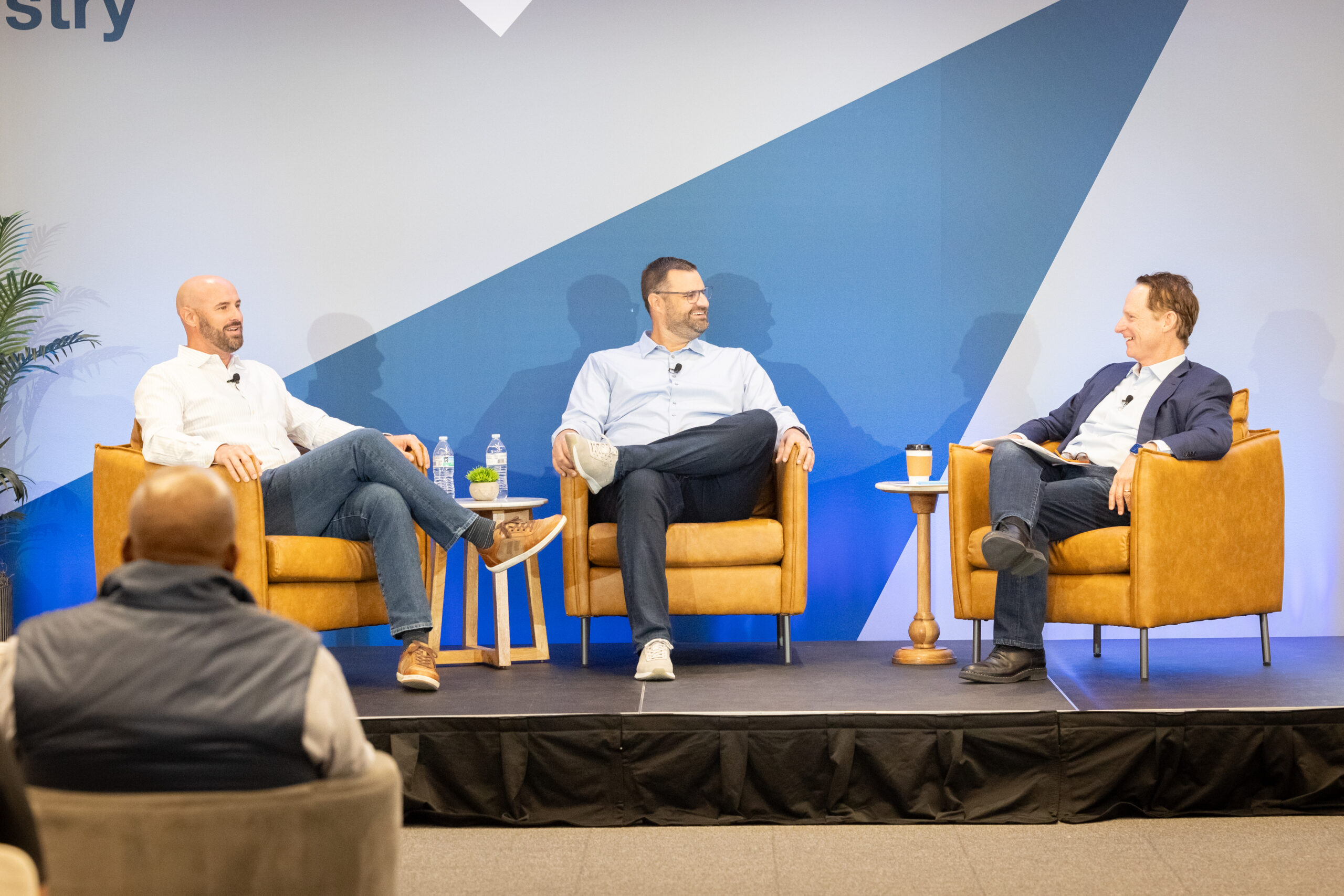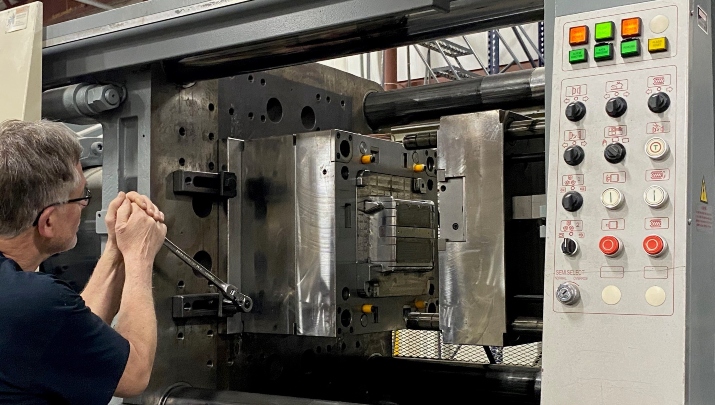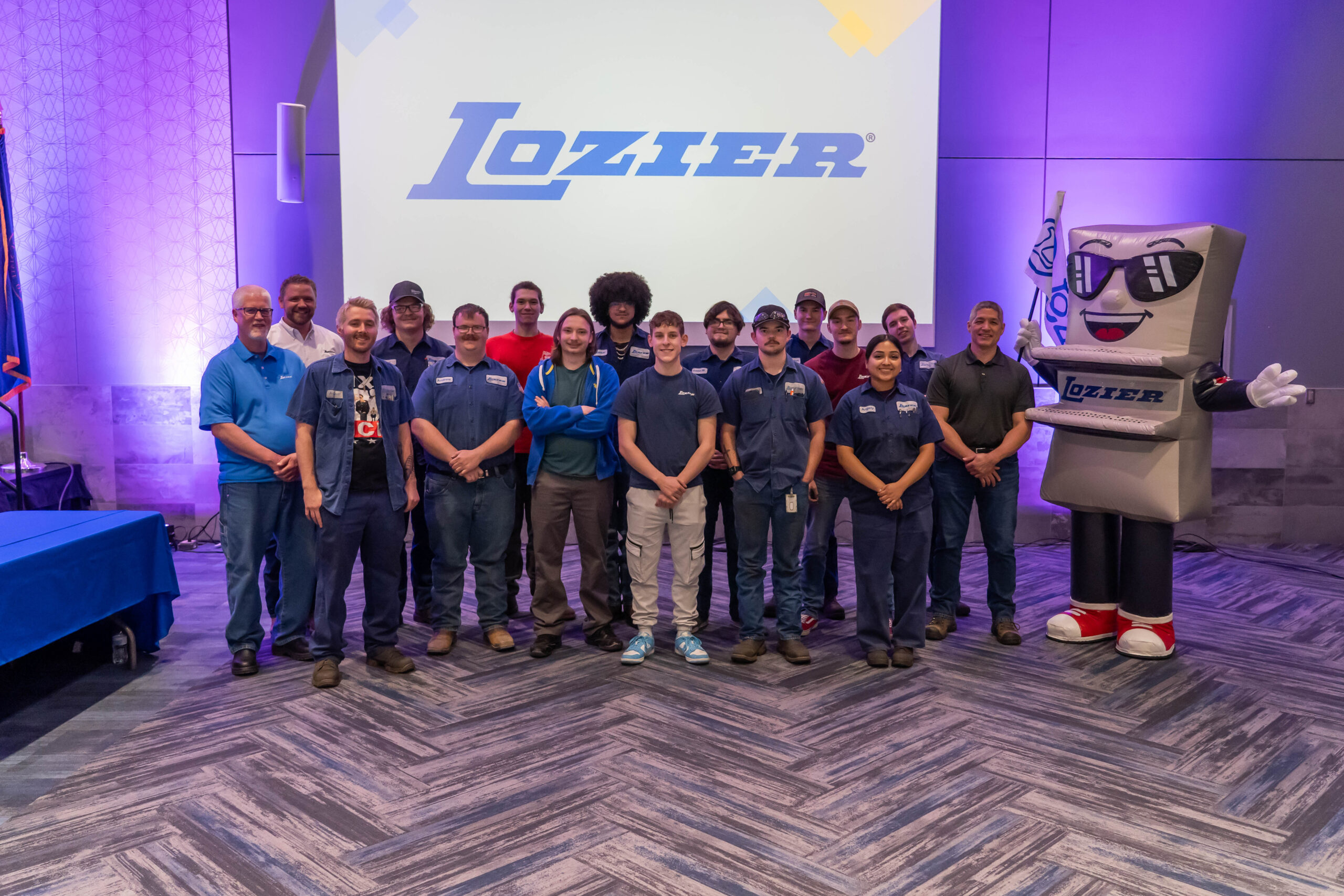

How Anthropology Can Help Evergreen Executives
- Roberta Katz
- Stanford University
Anthropology looks at how we went from an agrarian society to an industrial society to what is rapidly becoming a technological society. We look at these changes by getting up close and personal with specific groups, or “cultures.” Traditionally anthropologists studied indigenous peoples, but today they often focus on contemporary communities.
One culture to which you and I both belong: the community of businesspeople.
I didn’t study anthropology because I wanted to be better at business. I studied anthropology because I wanted to get a deeper understanding of how human beings interact and how they deal with change.
When I decided (after getting my Ph.D. in anthropology from Columbia University) to go into law, I thought that I would eventually view anthropology as a diversion from my true professional path. But what I found was that at every turn, from practicing law at a firm, to serving as general counsel at McCaw Cellular Communications Inc. and Netscape Communications Corp., to developing interdisciplinary study programs at Stanford University, I was always looking at my work through an anthropologic lens.
That’s because the questions we ask in anthropology are the same questions leaders need to ask themselves in order to build excellent, sustainable organizations. What are the different values people are bringing to this group? What is our group culture? And how can these people find new ways to work together in an ever-changing world?
Evergreen executives will recognize this as a People First mentality. If you’re Evergreen, chances are you’re already thinking about your people a lot and you already realize that their success is your success. But viewing your company as an (honorary) anthropologist will help you get an even deeper understanding of your organization and how you can make it even stronger. Here are three ways you can do so:
Encourage Flexibility
Society and institutions are always evolving. Look at the long history of human development. We’ve gone from living in isolated tribes and farming villages to being a constantly connected global community.
That’s big-scale change, but this kind of evolution is also happening on a more intimate level. Demand for a company’s product grows and subsides. A new deal requires internal growth. Or expansion into new markets means the company has to rethink who is responsible for what.
Understanding and accepting that everything is in flux is an important part of what makes societies succeed, and it’s crucial for businesses, as well. Never assume status quo, and make sure your people adopt a similar mentality. By encouraging flexibility, your organization will be able to grow and change more easily.
Focus On Your Company’s Values
Individuals have values, but so do institutions. Stanford, for example, values learning and giving back to society. Those two elements have to be part of everything our university does, and we need to impart these values to our students.
On a societal level, cultures are defined in part by the similar values held by their members. Businesses work slightly differently. An Evergreen CEO needs to know their company’s values, use them to support and protect their corporate culture and then make sure to hire people who are comfortable with these values.
It’s crucial that you understand and clearly articulate these values. What do you stand for? What’s the bigger purpose of your organization beyond making money?
Having strong values and a strong culture is even more important for Evergreen companies that want to survive for 100 years or more. The values you put in place today can help to keep the company leadership focused through successive generations.
Put Humans First
It might sound obvious to say that humans are at the center of every business, but as technology evolves, that’s no longer a given. I worry quite a bit that we’re not focused enough on people right now in our endless quest for efficiency. Automation might be good for the bottom line, but it isn’t always good for your organization.
That’s not to say that you shouldn’t use technology to improve your business. But leaders need to keep their people front and center as their companies evolve. Humans are the ones who are going to make your vision a reality, no matter how many robots or how much artificial intelligence you use. Making sure that those humans are comfortable with any change and that they know they are still valued is crucial for today’s organizations.
Evergreen companies are not immune to these changes. But with their People First outlook, they may be able to weather this evolution better than public companies that are so focused on the bottom line.
Taking the lessons of anthropology — putting humans first, understanding that everything changes and keeping your company’s focus on its values — will go a long way toward helping you build a sustainable business.
More Articles and Videos

Fireside Chat with Dave Thrasher, Dan Thrasher, and Dave Whorton
- Dave Thrasher, Dan Thrasher, & Dave Whorton
- Supportworks and Thrasher Group

Get Evergreen insight and wisdom delivered to your inbox every week
By signing up, you understand and agree that we will store, process and manage your personal information according to our Privacy Policy






